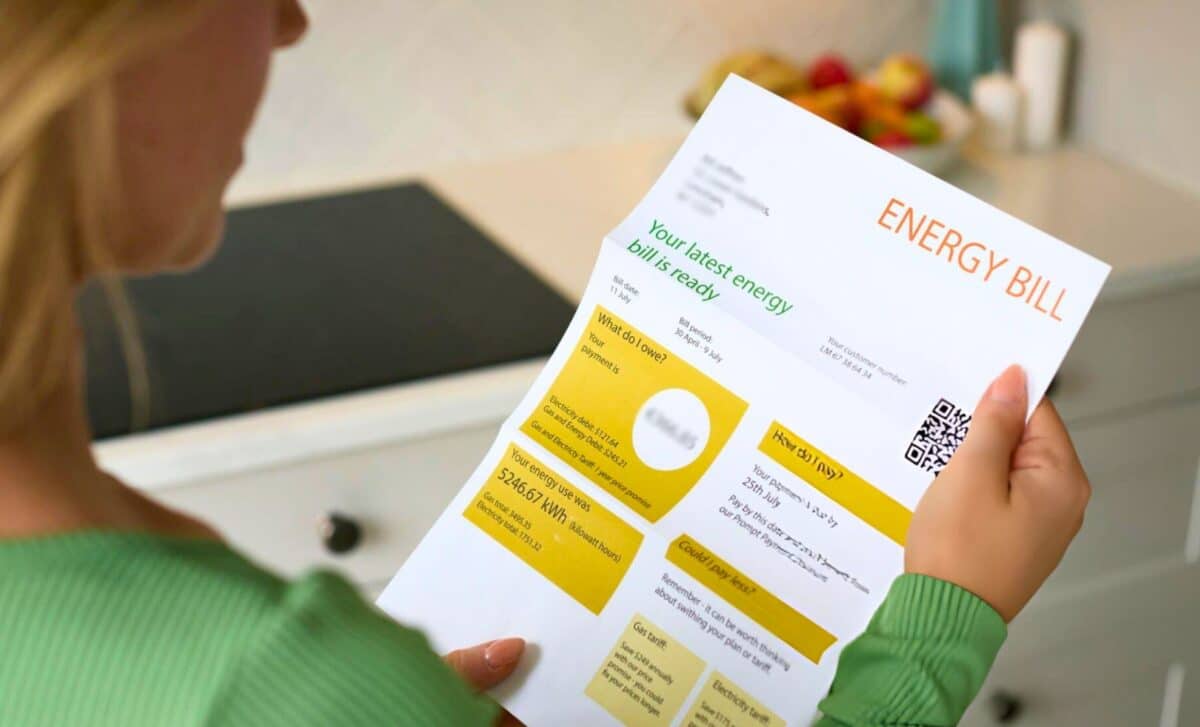Customers of Octopus Energy and other suppliers may see significant savings on their energy bills as Ofgem introduces a new rule requiring energy companies to offer “zero standing charge” tariffs. This change, effective January 2025, could result in savings of up to £676 for some households.
What Are Standing Charges and Why Are They Changing?
Standing charges are a fixed daily fee that households pay for their energy supply, regardless of how much energy they use. Currently, the average dual-fuel household pays £338 annually in standing charges. Critics argue that these charges unfairly penalise low-energy users, since the fixed cost forms a disproportionately large part of their total bill.
Under the new Ofgem regulations, energy suppliers must provide an alternative: tariffs with no standing charge. This shift is designed to help low-energy users who would otherwise see fixed costs inflate their bills.
Who Benefits From Zero Standing Charge Tariffs?
Zero standing charge tariffs shift costs to higher unit rates for electricity and gas. This means:
- Low-energy users benefit the most, as they no longer pay a fixed daily fee.
- High-energy users may find these tariffs less advantageous, as their bills would increase due to the higher unit costs.
For a typical household currently paying £676 in standing charges over two years, eliminating these charges could result in substantial savings if their energy usage is modest.
Balancing Affordability and Fairness
Tim Jarvis, Ofgem’s director general of markets, emphasized the importance of giving households a choice. While many consumers have called for standing charges to be abolished entirely, Ofgem opted for a balanced approach to avoid disadvantaging high-energy users, such as those relying on medical equipment at home.
“We want to give consumers the ability to make the choice that’s right for them,” Jarvis stated. “By having a zero standing charge tariff, we create that choice for everyone.”
Additional Measures to Support Households
The move to eliminate standing charges is part of a broader strategy to address the affordability crisis and rising energy debts. Ofgem is also introducing a “debt guarantee”, which aims to standardize and improve the support suppliers offer to struggling customers. This includes ensuring that assistance is compassionate, consistent, and tailored to individual needs.
What This Means for Energy Customers
From January 1, 2024:
- Standing charges for electricity will decrease slightly to 60.7p per day, and gas charges will drop to 31.65p per day.
- Energy suppliers must offer tariffs with no standing charges, allowing customers to choose between fixed charges or higher unit rates.
For consumers considering these new tariffs, it’s important to evaluate energy usage patterns carefully. Households using less energy will likely benefit, while those with higher consumption should weigh the impact of increased unit rates.









